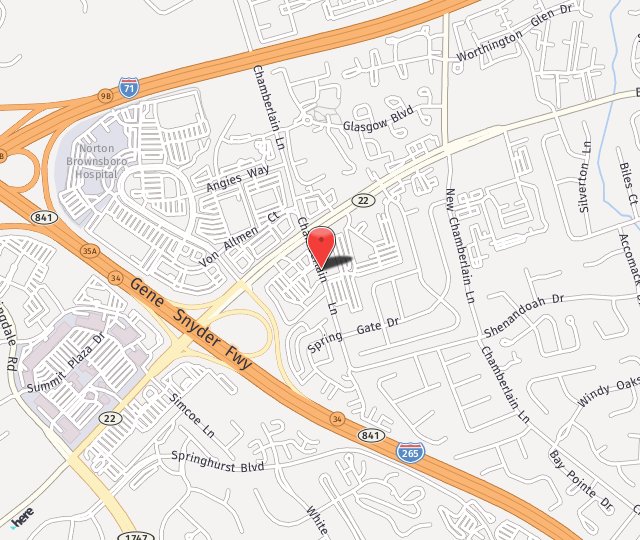
Whether you are interested in correcting the signs of aging with a facelift or enhancing the shape of your body with liposuction, abdominoplasty, or breast augmentation, or are considering a completely different type of procedure, you want to know how to recover well. Most of our patients have questions about recovery during their very first appointment for plastic surgery. While each patient receives post-operative instructions that are unique to their procedure, there are a few other must-haves that we like them to know. We’ll fill you in on them here.
Regardless of the type of plastic surgery you have, you need the following:
Rest
We understand how obvious this sounds that the body needs a lot of rest after surgery. However, we’re putting it front and center for a reason. Just because patients are told to listen to their bodies and to rest as much as they need does not mean they absorb the message. On average, a healthy body needs about 7 ½ hours of sleep a night. After plastic surgery, a person may need about 10 hours of sleep a night for about a week. Even with that, they may also feel like napping during the day.
Allowing rest can be one of the most challenging aspects of surgical recovery. We’re not taught the value of rest and therefore tend to have an inherent struggle with it. However, keep in mind that the body heals when we sleep. After surgery, deep tissue is forming into a new internal structure. The skin is sealing along incision lines and scar tissue is forming where needed. For this process to occur as efficiently as possible, it is crucial to rest.
Nutrition
Your recovery period after plastic surgery is not the time to tip back a few cold ones or relax at night with a glass of wine. It’s also not the time to hit up fast-food delivery because you don’t feel like cooking. Understandably, you don’t feel like cooking. This is why we recommend making meals ahead of time that you can throw together or heat up as needed. Think salads, smoothies, bean and vegetable soup, omelettes, and lean meats. Nuts and fruit provide a nutritious snack that helps the body heal through antioxidants and healthy fats.
Mobility
Note that mobility is not the same as exercise. For the first few weeks after plastic surgery, intense cardio, stretching, and lifting should be avoided. However, the body does need to move. A slow walk every day, even a few times a day, promotes good circulation, which is necessary to avoid blood clots. Daily mobility also helps alleviate or prevent the constipation that can occur after anesthesia and while taking prescription pain medication. Don’t work up a sweat, but get out and get moving.
Dr. Salzman is proud to serve patients from the Louisville area. To learn more about our plastic surgery services, call 502-425-5200 and schedule a consultation.

